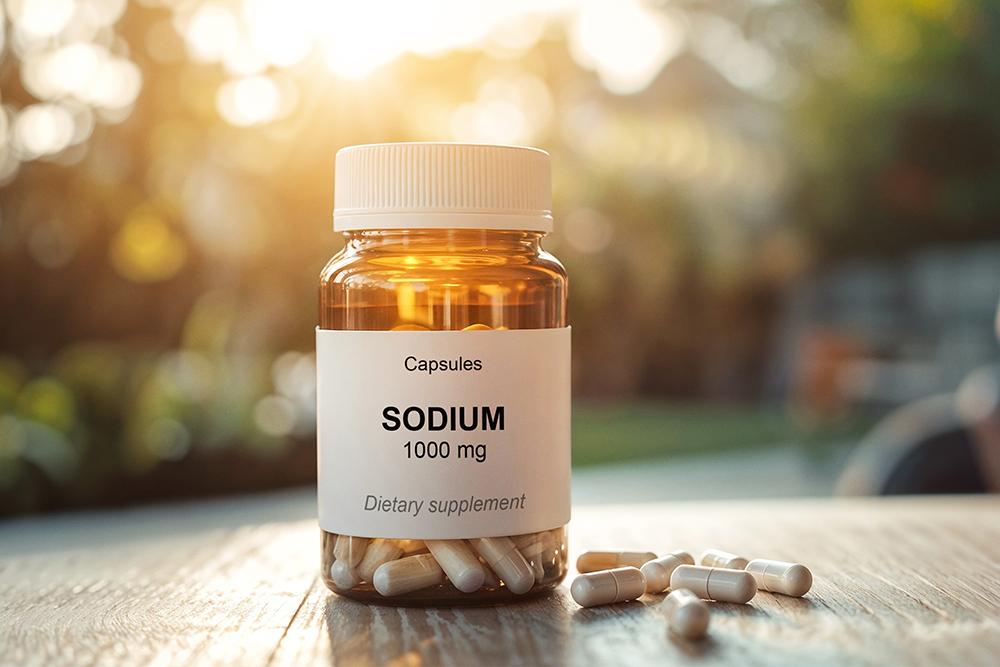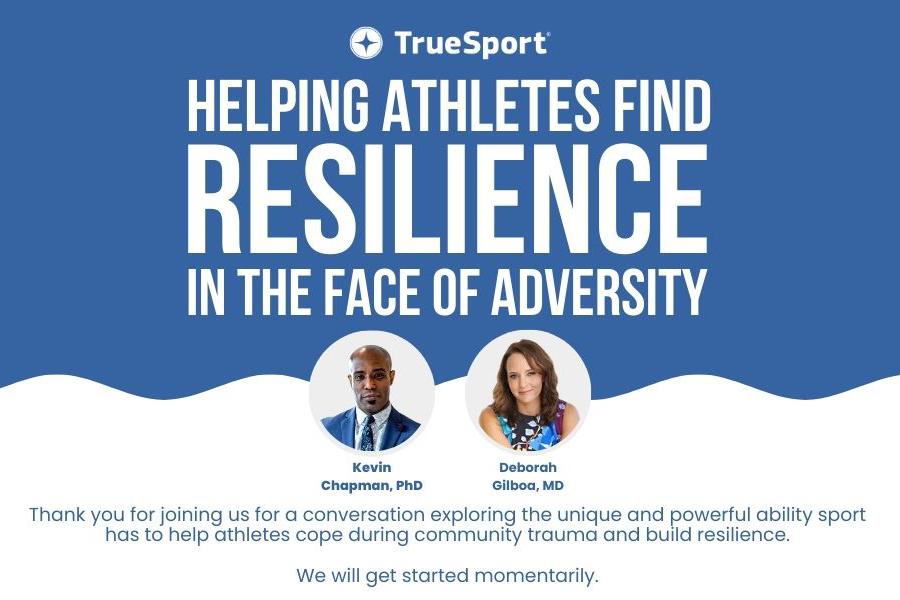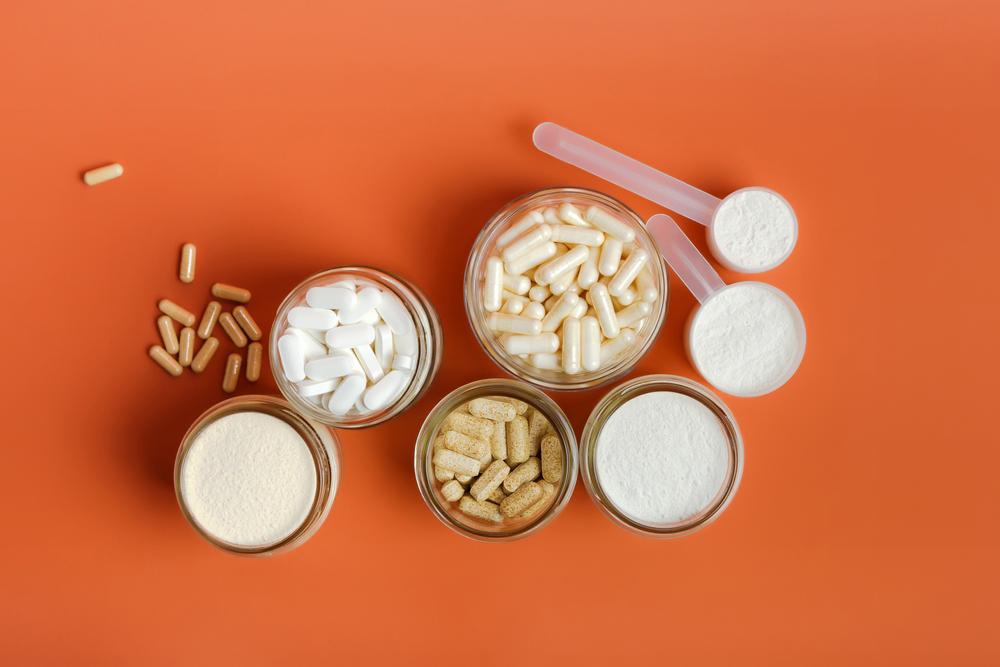Depending on where you look for the answer, you can actually find lots of different answers to the question is, “What is a dietary supplement?” Legally, by definition, the FDA defines a dietary supplement as a product that contains a dietary ingredient that is taken by mouth, and dietary ingredients are things like vitamins, minerals, herbs, botanicals, things that are used to supplement our diet that can usually be found in food.
Athletes and consumers need to be aware that because supplements aren’t tested in the same way as medications, they don’t have to go through clinical trials, they don’t have to go through efficacy trials, each lot number doesn’t have to be tested in humans before it goes on the market, so some of the dangers that we see are related to either those contaminants that we find in those products, that consumers are using larger amounts that they might not be aware of. Or they’re using multiple products at the same time that lead to a synergistic effect. A good example, for example, if you’re using an energy drink, and then on top of that you’re using a pre-workout supplement, and you may have had sugary foods for breakfast as well. And all of those things compounded on itself could lead to cardiac events, for example, or digestive problems because of the amount of caffeine and sugar that you’re taking into your body. So, in that way, those are relatively mild events, but more dangerous events come from products that maybe contain anabolic agents.
And we’ve seen that in the past, with manufacturers that have anabolic steroids in their products at pharmacological dosages, and when athletes use these things, some of these steroids, which are synthetic molecules, they can have liver toxicity effects. We’ve seen athletes being admitted to the hospital, and those effects that they’re seeing on their bodies, they don’t know where they’re from. And it takes doctors a long time to figure it out, and they have to go down the list and figure out what’s causing this. So, that’s really scary when it comes down to health effects that are life and limb type of situations that athletes could have permanent and irreversible effects from.
I think right now we’ve gone through various phases over the last decade with what we see in products. I think the stimulant category is still a big red flag for USADA and TrueSport. Those are substances that companies are intentionally adding to supplement products to provide an energy boost or provide a performance enhancement. And those aren’t always listed on the label, and companies are always changing those ingredients in order to remain kind of one step ahead of the regulatory authorities. They think that they should be defined as dietary ingredients, but in fact, many of these substances don’t meet the legal definition of a dietary ingredient. And so, they’re intentionally added in order to provide this type of boost that athletes are looking for, or to substantiate the claims that are on the label. So, I think the stimulant category continues and will continue to be this ever-moving target for USADA and TrueSport.
I think educating yourself around supplements is really critical, because at face value, it doesn’t seem like a complicated area. But it’s fraught with landmines, and we need to be informed consumers to understand what the risks are and how to minimize those risks in order to make sure that we’re protecting our athletes and ourselves against those risks and those detrimental effects that could be caused through supplement use.



